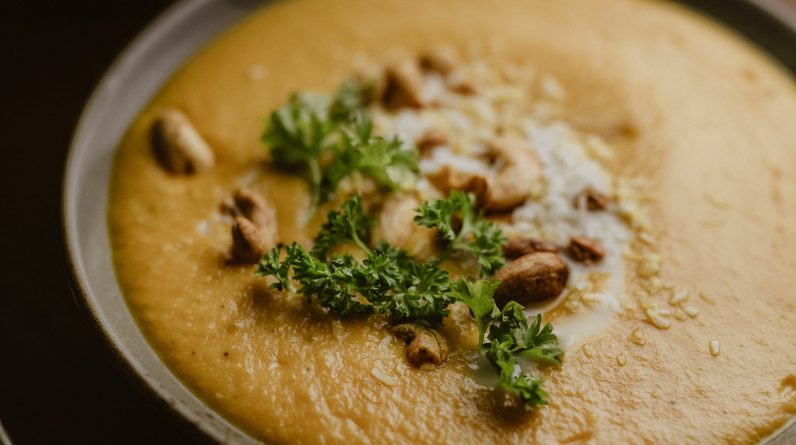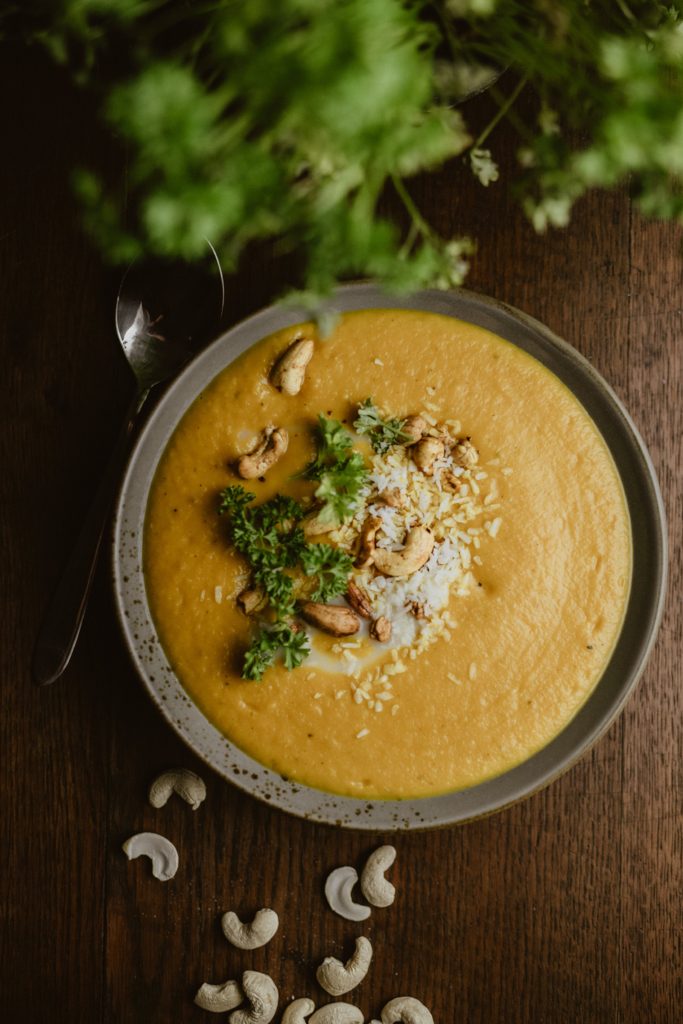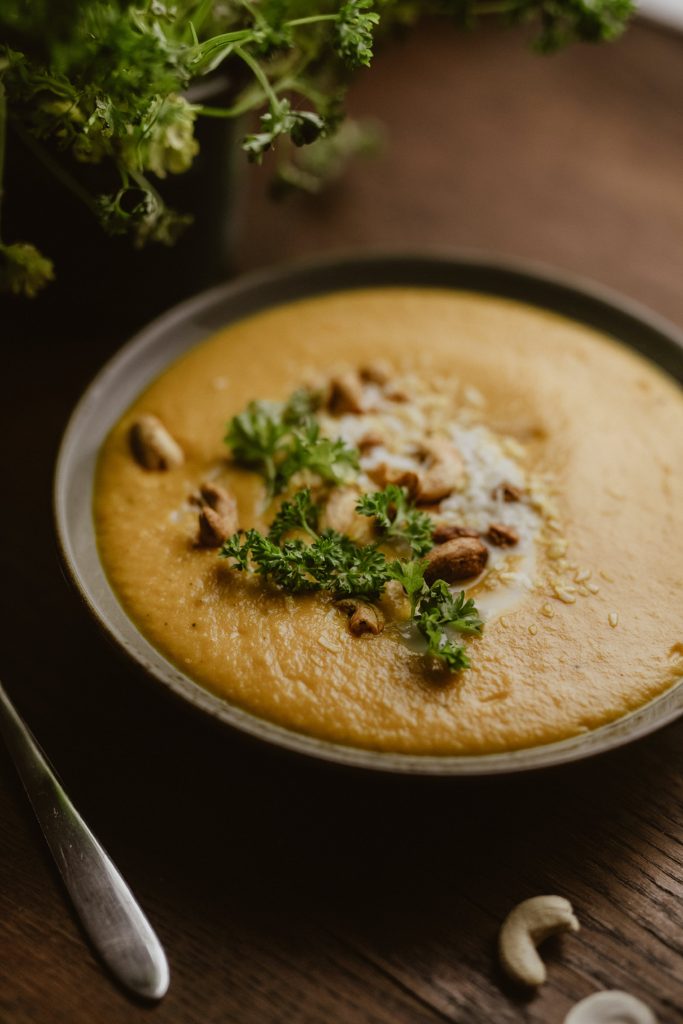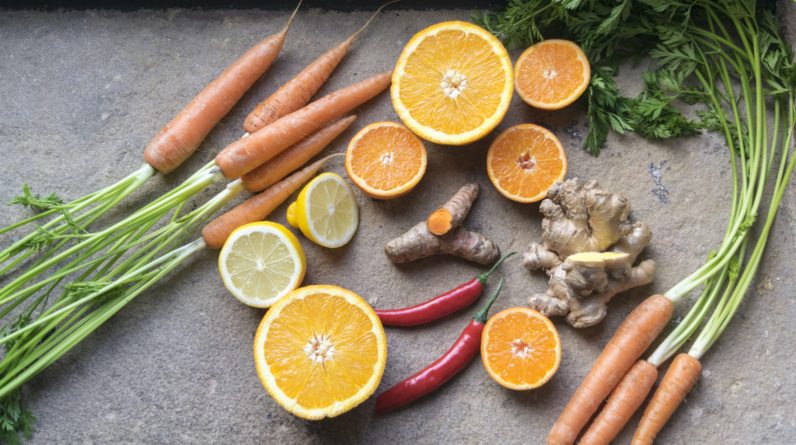
Did you know that certain foods possess natural properties that can help reduce inflammation in your body? Inflammation is a natural response to protect our bodies from injury or infection, but when it becomes chronic, it can lead to various health issues. Fortunately, incorporating certain foods into your diet can help combat inflammation and promote overall well-being. Let’s explore some of these foods and how they can naturally reduce inflammation in your body.

Overview
What is inflammation?
Inflammation is a natural response of the body’s immune system to protect itself from injury or infection. It is a vital part of the healing process. When the body senses a threat, such as from a foreign substance or infection, it releases chemicals that signal the immune system to respond. This response includes increased blood flow to the affected area, swelling, redness, and heat. While acute inflammation is necessary for healing, chronic inflammation can be harmful and is associated with various diseases, including heart disease, diabetes, and certain types of cancer.
Causes of inflammation
There are several causes of inflammation, ranging from the body’s response to injury or infection to lifestyle factors. Common causes of inflammation include infections and pathogens, autoimmune disorders, chronic stress, smoking, and poor diet. The foods we eat can significantly impact the levels of inflammation in our bodies, either by promoting or reducing it.
Importance of reducing inflammation
Reducing inflammation is crucial for maintaining overall health and preventing chronic diseases. Chronic inflammation can damage tissues and contribute to the development of various health conditions. By adopting an anti-inflammatory diet and making lifestyle changes, it is possible to help reduce inflammation naturally and support a healthier body.
Anti-Inflammatory Foods
Fruits and Vegetables
Fruits and vegetables are rich in antioxidants, vitamins, minerals, and fiber, making them excellent choices for reducing inflammation. Berries, such as blueberries, strawberries, and raspberries, are particularly high in antioxidants, which help combat inflammation. Leafy greens, like spinach and kale, are also packed with nutrients. By incorporating a variety of colorful fruits and vegetables into your diet, you can provide your body with the necessary nutrients to combat inflammation.
Healthy Fats
Not all fats are created equal, and incorporating healthy fats into your diet can help reduce inflammation. Foods like avocados, olive oil, and nuts contain monounsaturated fats and omega-3 fatty acids, which have anti-inflammatory properties. These fats can help reduce inflammation in the body and support heart health. However, it is essential to consume them in moderation, as they are still high in calories.
Spices and Herbs
Certain spices and herbs have potent anti-inflammatory properties and can be easily incorporated into your daily cooking. Turmeric, known for its active compound curcumin, has been extensively studied for its anti-inflammatory effects. Adding turmeric to dishes or enjoying a warm cup of turmeric tea can help reduce inflammation naturally. Ginger is another spice that has shown anti-inflammatory properties and can be used in both sweet and savory dishes to add flavor while reducing inflammation.
Whole Grains
When choosing grains, opt for whole grains instead of refined grains. Whole grains, such as quinoa, brown rice, and oats, contain higher levels of fiber and nutrients compared to refined grains. The fiber found in whole grains has been linked to a reduced risk of inflammation-related conditions like heart disease. By swapping refined grains for whole grains in your diet, you can promote a healthier body and reduce inflammation.

Specific Foods to Reduce Inflammation
Turmeric
Turmeric, a vibrant yellow spice commonly found in Indian cuisine, has gained popularity for its potent anti-inflammatory properties. Curcumin, the active compound in turmeric, has been shown to block inflammatory molecules and reduce the production of enzymes that contribute to inflammation in the body. Incorporating turmeric into your meals, such as curries, stir-fries, or golden milk, can provide you with these anti-inflammatory benefits.
Ginger
Ginger has a long history of being used for its medicinal properties, including its anti-inflammatory effects. It contains gingerol, a bioactive compound that has been shown to inhibit inflammation and pain. You can add ginger to dishes, soups, teas, or even enjoy it as a refreshing ginger-infused water. Adding ginger to your diet can contribute to reducing inflammation and promoting overall well-being.
Berries
Berries, such as blueberries, strawberries, and raspberries, are not only delicious but also loaded with antioxidants and anti-inflammatory properties. These vibrant fruits contain anthocyanins, which give them their vibrant hues and have been shown to reduce inflammation. Enjoying a handful of berries as a snack, adding them to smoothies or oatmeal, can provide you with a tasty and nutritious way to combat inflammation.
Leafy Greens
Leafy greens, including spinach, kale, and Swiss chard, are nutritional powerhouses that offer numerous health benefits. They are rich in antioxidants, vitamins, minerals, and fiber, making them essential for reducing inflammation. Incorporate leafy greens into your meals by adding them to salads, sautéing them as a side dish, or blending them into smoothies. By including these greens in your diet, you can help reduce inflammation and support optimal health.
Salmon
Salmon is an excellent source of omega-3 fatty acids, which have been shown to reduce inflammation in the body. The omega-3 fatty acids found in salmon, specifically eicosapentaenoic acid (EPA) and docosahexaenoic acid (DHA), have powerful anti-inflammatory effects. Enjoying a serving of salmon a few times a week can provide you with these beneficial omega-3s and help reduce inflammation naturally.
Olive Oil
Olive oil, a staple in Mediterranean cuisine, is not only flavorful but also rich in monounsaturated fats, which have anti-inflammatory properties. In addition to its healthy fat content, olive oil also contains antioxidants that can help curb inflammation. Incorporating extra virgin olive oil into your diet, whether for cooking or as a dressing for salads, can help reduce inflammation and promote heart health.
Walnuts
Walnuts are a nutritious nut packed with omega-3 fatty acids, antioxidants, and anti-inflammatory compounds. These powerhouse nuts have been shown to reduce inflammation and support heart health. Snacking on a handful of walnuts or adding them to dishes like salads, oatmeal, or baked goods can provide you with an anti-inflammatory boost.
Green Tea
Green tea has been consumed for centuries for its various health benefits, including its anti-inflammatory properties. It contains catechins, which are antioxidants that help reduce inflammation in the body. Drinking green tea regularly can be a refreshing way to reduce inflammation naturally and promote overall well-being.
Dark Chocolate
Dark chocolate, specifically varieties with a high cocoa content (70% or higher), can provide anti-inflammatory benefits. Dark chocolate is rich in antioxidants known as flavonols, which have been shown to reduce markers of inflammation in the body. Enjoying a small piece of dark chocolate as an occasional treat can not only satisfy your sweet tooth but also help reduce inflammation.
Cherries
Cherries, particularly tart cherries, are packed with antioxidants and anti-inflammatory compounds. These juicy fruits have been shown to reduce inflammation and alleviate symptoms of conditions like arthritis. Enjoy cherries as a snack, add them to smoothies, or incorporate them into desserts for a delicious and nutritious way to reduce inflammation.
Other Lifestyle Factors
Exercise
Regular physical activity is not only important for overall health but also for reducing inflammation. Exercise has been shown to have anti-inflammatory effects by reducing inflammation markers in the body. Engaging in activities you enjoy, whether it’s jogging, dancing, cycling, or yoga, can help reduce inflammation naturally and improve your overall well-being.
Adequate Sleep
Getting enough quality sleep is crucial for maintaining optimal health and reducing inflammation. Lack of sleep or poor sleep quality can increase inflammation markers in the body. Aim for seven to nine hours of uninterrupted sleep each night to promote a healthy immune system and reduce inflammation.
Stress Management
Chronic stress can contribute to inflammation and various health conditions. Managing stress is essential for reducing inflammation naturally. Incorporating stress-relieving activities like meditation, deep breathing exercises, yoga, or engaging in hobbies can help lower stress levels, promote relaxation, and reduce inflammation in the body.
Incorporating anti-inflammatory foods into your diet and adopting a healthy lifestyle that includes regular physical activity, adequate sleep, and stress management can have a significant impact on reducing inflammation naturally. By making these changes, you are taking proactive steps towards improving your health and well-being. Remember, small adjustments to your diet and lifestyle can yield significant results, so start incorporating these changes today to support a healthier, inflammation-free life.



